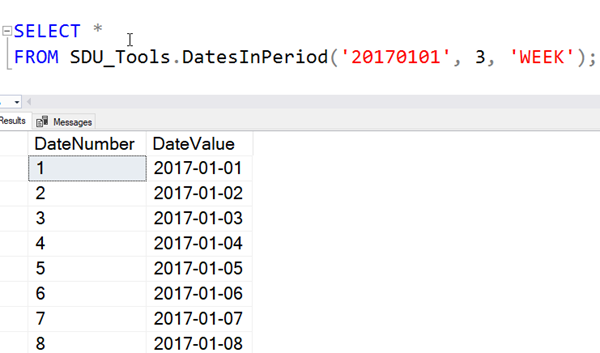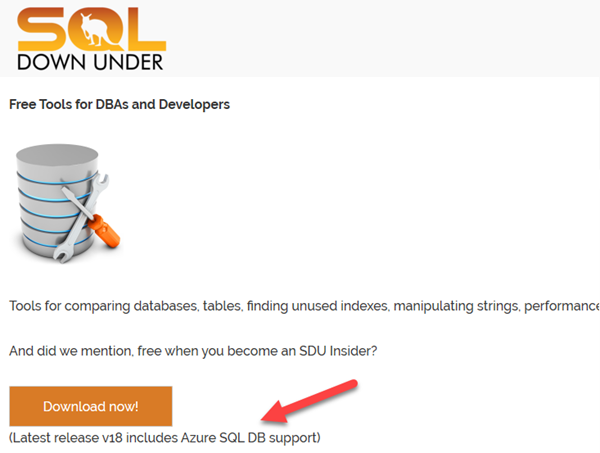
T-SQL 101: 57 Adding and subtracting date and time periods using DATEADD in SQL Server T-SQL
When you’re working with T-SQL, you’ll often need to add time periods onto a date, perhaps onto today’s date. You might be adding (or subtracting) days, or hours, or minutes, or months, and more.
The DATEADD function is the one that we can use add or subtract intervals to the date and time. Now in the example shown here, I’ve started with 20190228, or 28th February 2019. I want to add on 12 days:
2020-02-17









